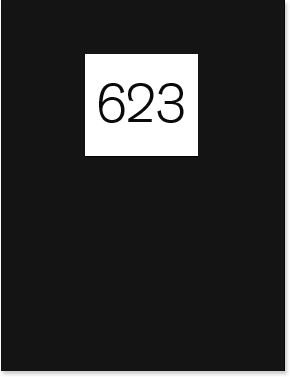
623 Titles Without Paintings
by
FOR FIFTY YEARS a painter, Ernst Benkert, kept notebooks in which he recorded the passages that had struck him in his reading. From the writings of Meister Eckhart and Ludwig Wittgenstein, Robertson Davies and Thomas Bernhard, Oscar Wilde and Friedrich Nietzsche, Abram Tertz and Virginia Woolf, Susan Sontag and Thomas Merton, from proverbs Rumanian and Haitian, from graffiti and the Upanishads, from the Webster’s New Collegiate Dictionary, from the pages of the Times Literary Supplement and The New York Review of Books, and above all from a library of books about art, Benkert culled an extraordinary set of assertions, propositions, opinions, and definitions. “This activity became the other side of my art.” On each of these passages he cast a steady gaze, asking if it were true and useful, a basis on which to build an artistic practice. From each he extracted a title, as if it were a painting. Occasionally he follows up with a comment: to a crack by Wilfred Sheed that people “talk about sports from morning to night for fear something else might get in,” he remarks: “Stuart Davis used to watch baseball on TV while painting.” Still more occasionally he adds a second-thoughts comment, to confirm or contradict his own first one.
These quotations visit many areas of life but always return to art: the making of it, the conditions for its existence, the life of the artist. Now Ernst Benkert has selected 623 of these passages and made a book of “titles without paintings,” a commonplace book of quotations that are anything but commonplace. Benkert’s own point of view is never concealed and never imposed: the passages are there to be read however one likes, continuously or at random, and any reader will find some profit in it: a fact not known, or an idea well expressed, or a usefully irritating opinion, or a good laugh:
TALENT
It is not enough to be Hungarian—one must also have talent.
-Sign spotted in a Toronto employment office in the early 60s.
ISBN: 978-0-9800001-4-6
$20